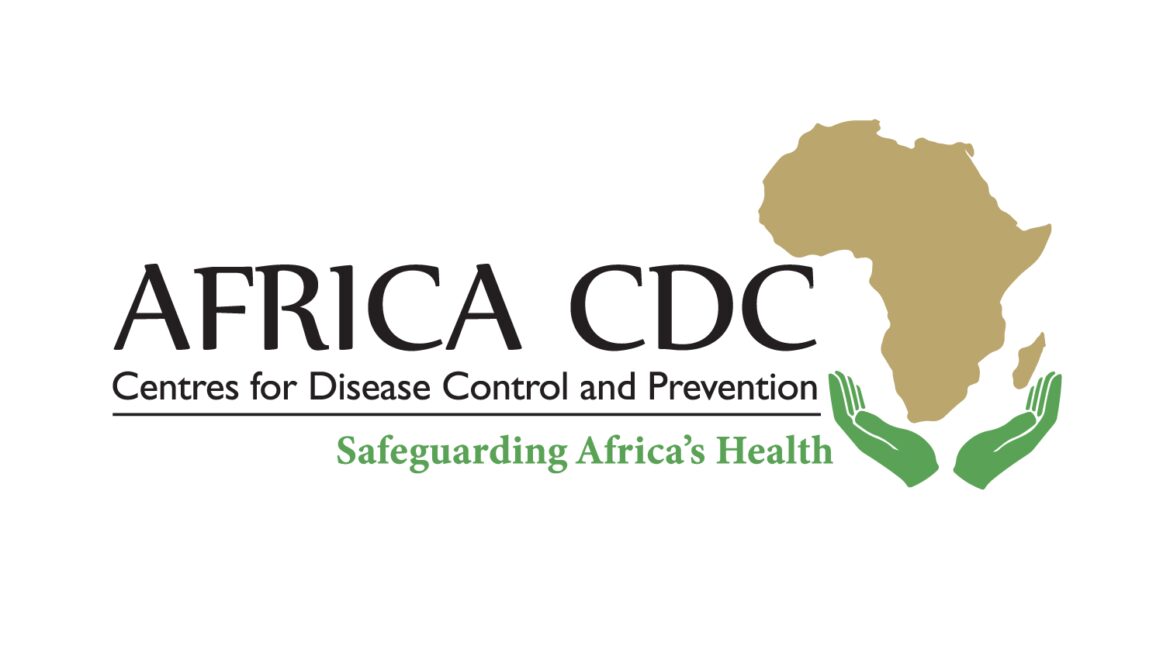By Zayamu Hassan
The Africa Centres for Disease Control and Prevention (Africa CDC), says the African continent with a population of about 1.2 billion people still imports 99 per cent of its vaccines and consumes 25 percent of global vaccine supply.
Director of Africa CDC, Dr John Nkengasong, who stated this in an interview with journalists recently, insisted that no continent can guarantee the health security of its people by importing 99 per cent of its vaccines.
He, therefore, charge African leaders to be deliberate about producing vaccines in the continent.
He stressed that the continent’s 55 Member States have no choice than to be very deliberate and engage in three areas of manufacturing vaccines, diagnostics and therapeutics.
This, according to him, would have a huge impact, both at a humanitarian level and an economic level.
“Estimates suggest that Africa’s existing vaccine market is worth $1.3 billion, and that is expected to grow to about $2.4 billion by 2030. So, there is an enormous market for vaccines. Our two biggest challenges are financing and human capital,” he said.
Responding to a question on how to improve disease surveillance in the continent, Dr Nkengasong, who is a virologist, said: “We need an elite public health workforce on the continent to run that surveillance. Once you have collected information, it is only qualified personnel that can take that data, analyse and make sense of, and then act on it.”
While calling for more investment in public health workforce, he said: “To get there, you have to invest and put the dollars into it. The continent is recognising that disease surveillance is not just a health issue; it is an economic issue and a security issue, to pick out these pathogens and to fight them.
“We have seen all the damage that the emergence of a disease like COVID has created for our economies. Tourism in Africa stands to lose about $250 billion, because of a bug – a small thing that we cannot even see with our eyes.
“If we had good public health institutions, and everything that we have discussed, we would have been able to produce a vaccine, vaccinate at scale, conduct surveillance for variants, and get our people back to work.”
Dr Nkengasong, said that he would like to see Africa manufacture 60 per cent of its vaccines in the next 20 years.




